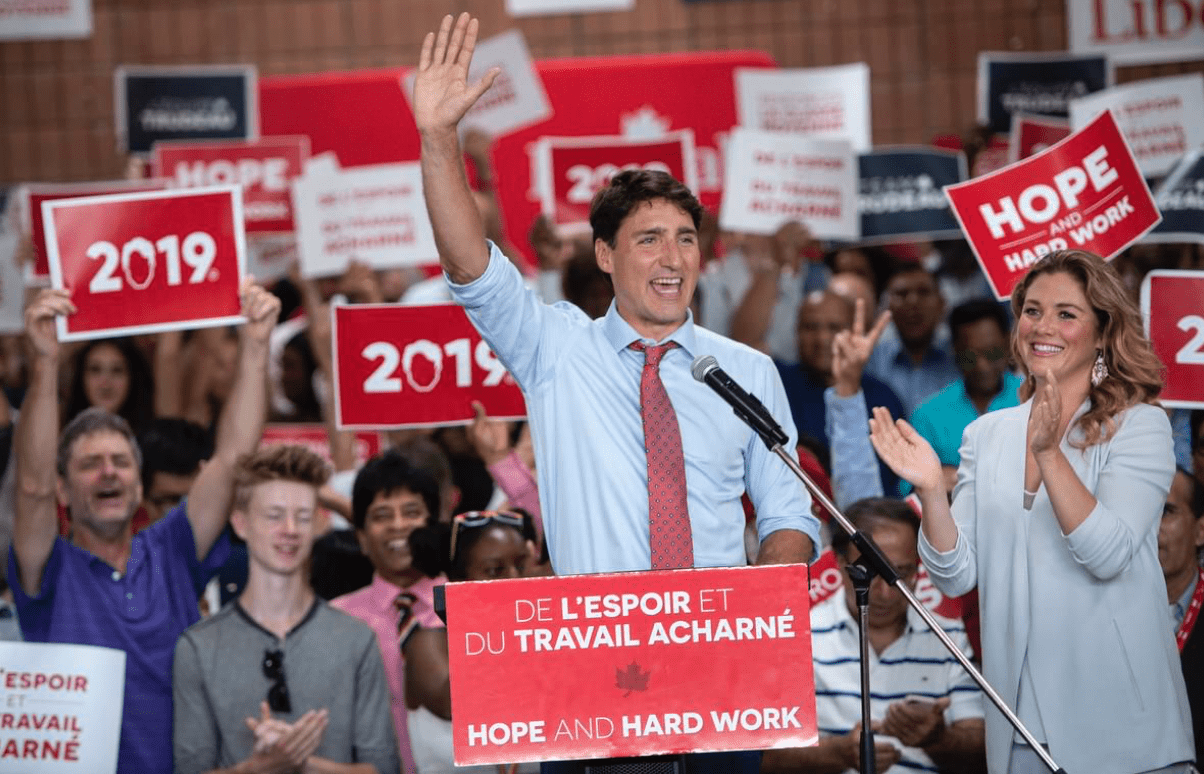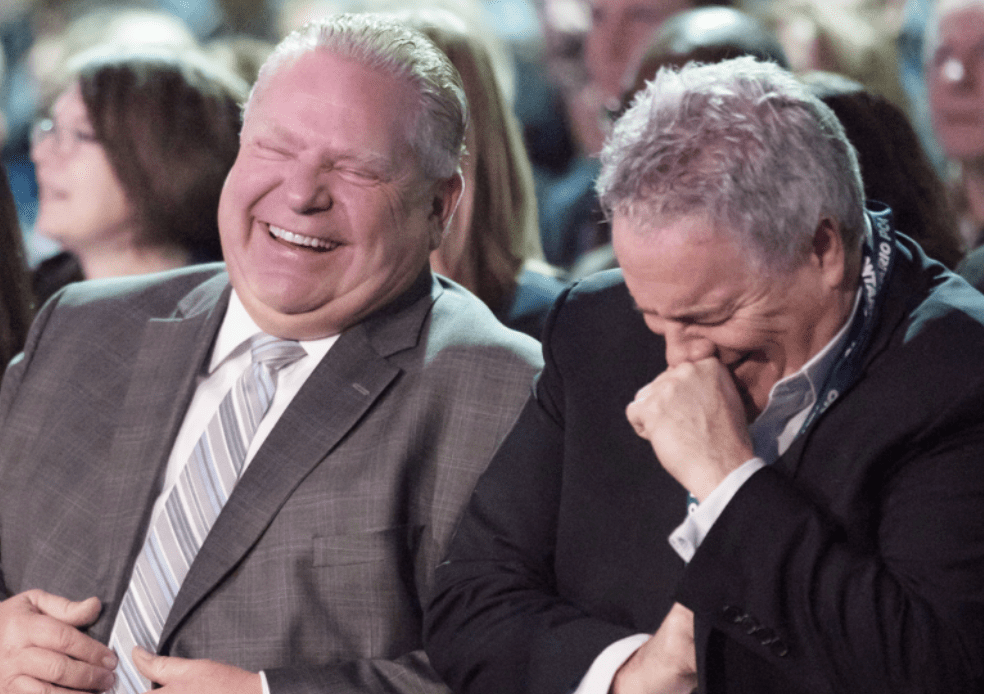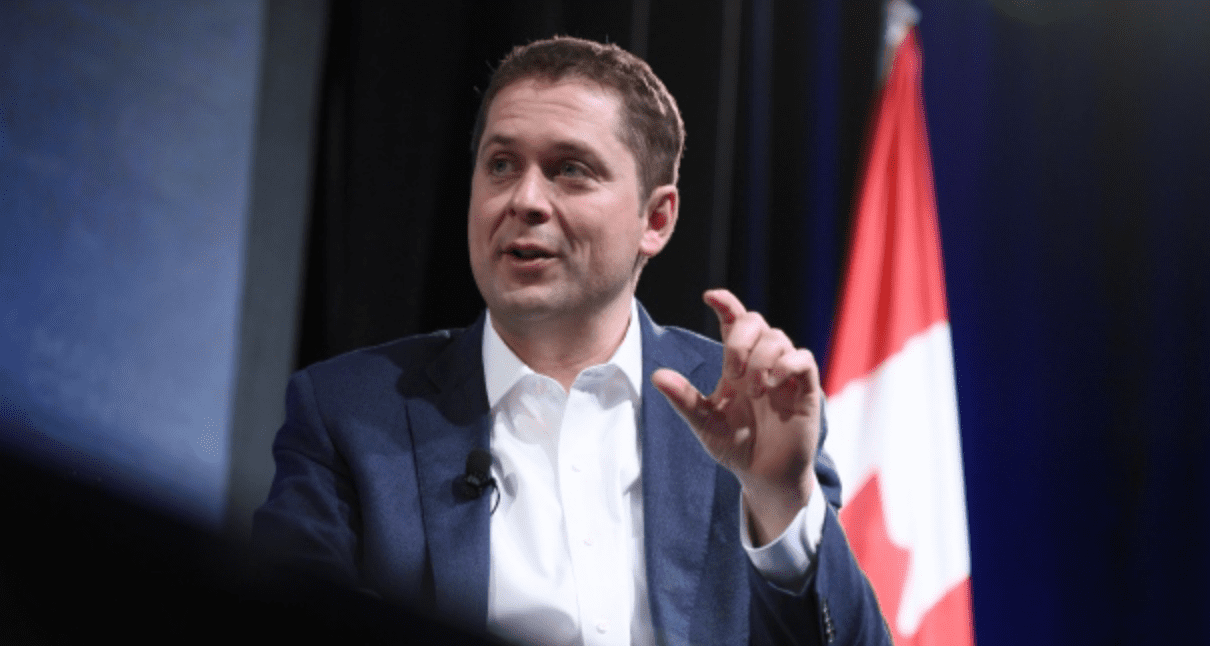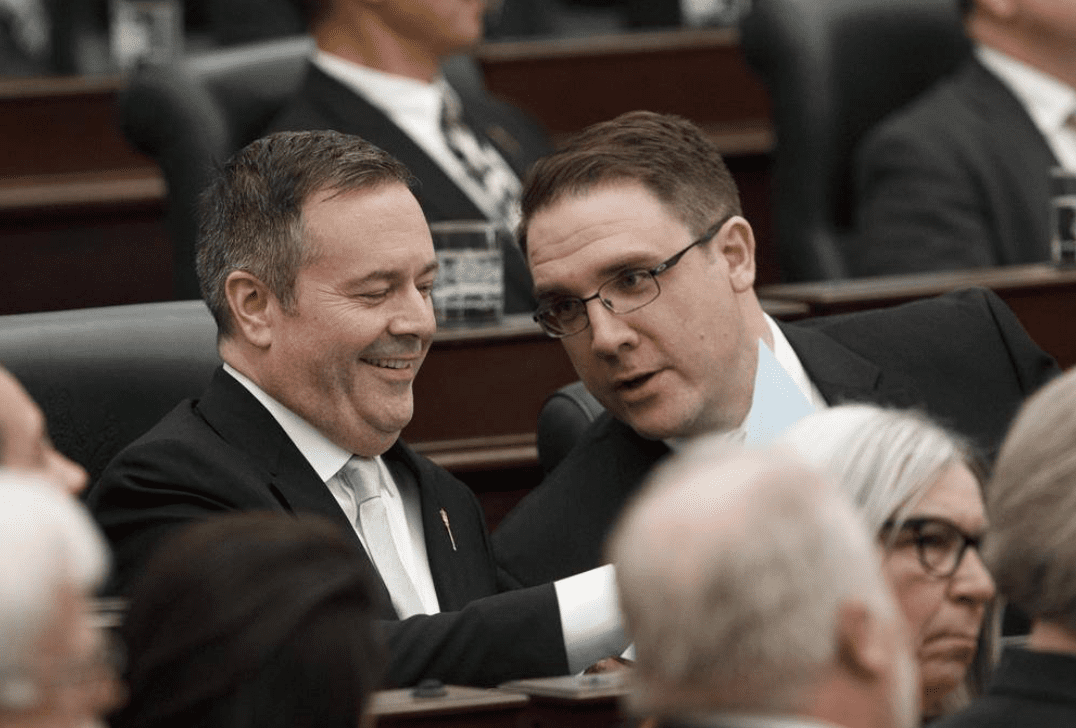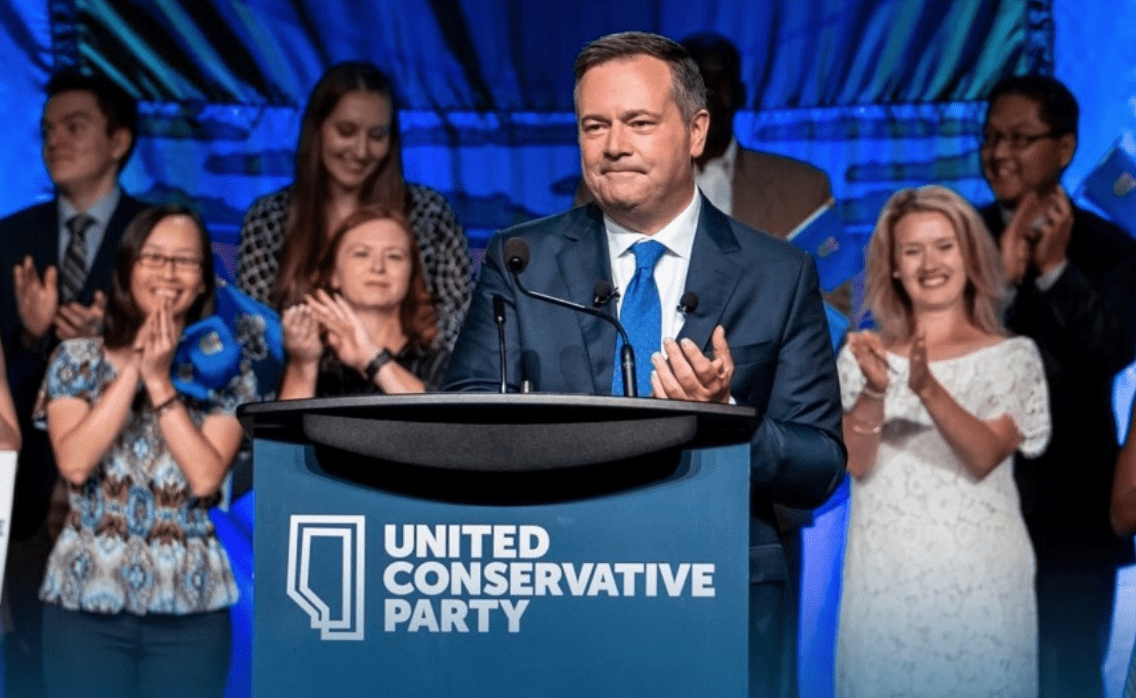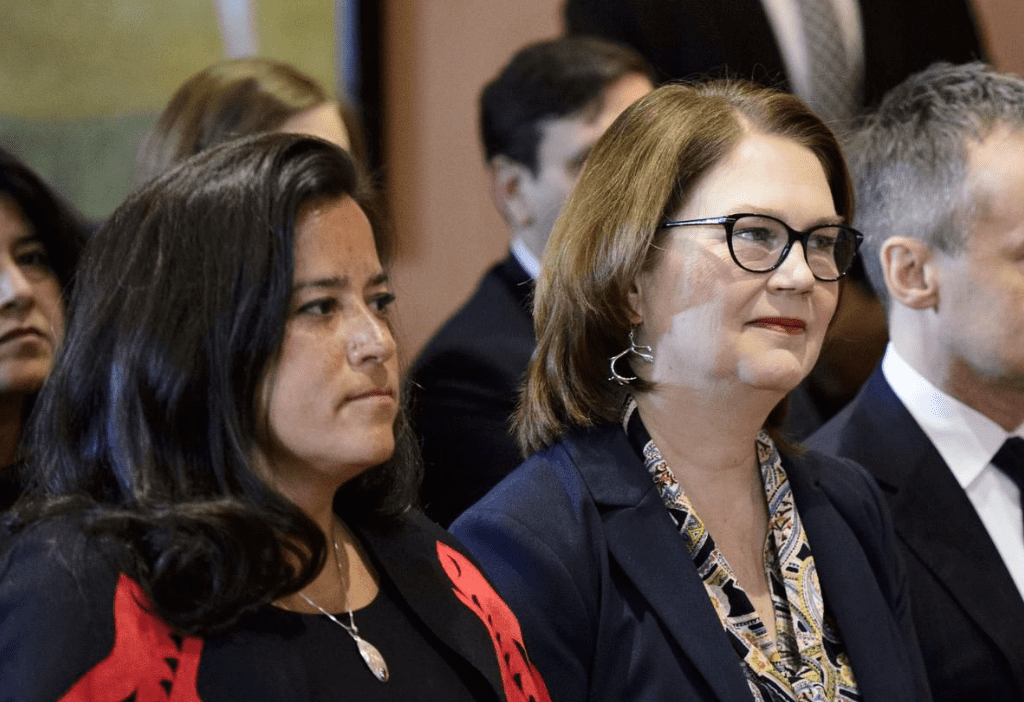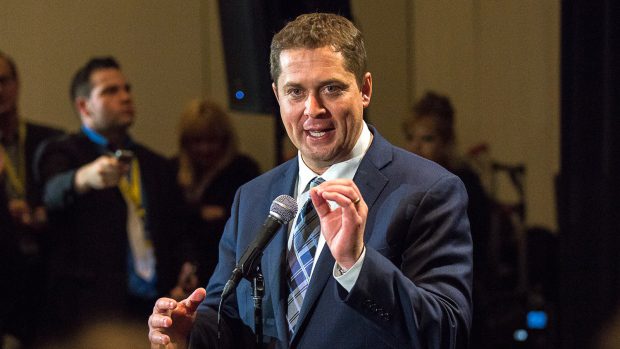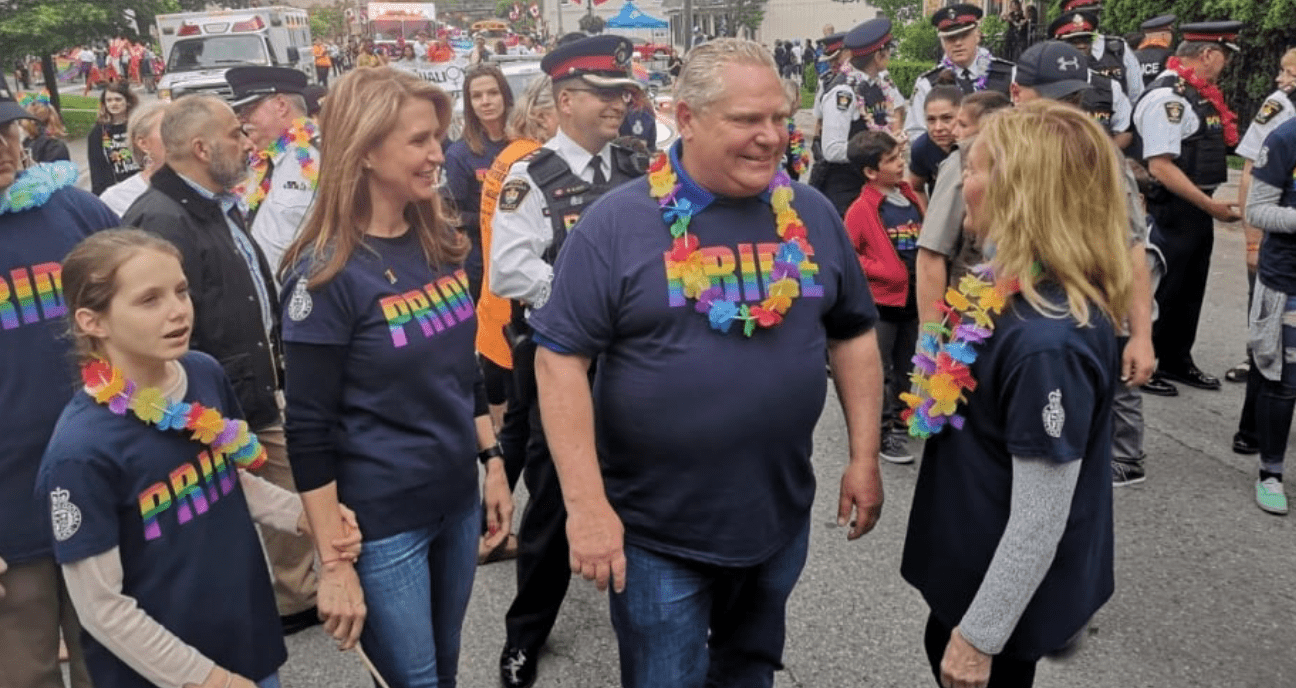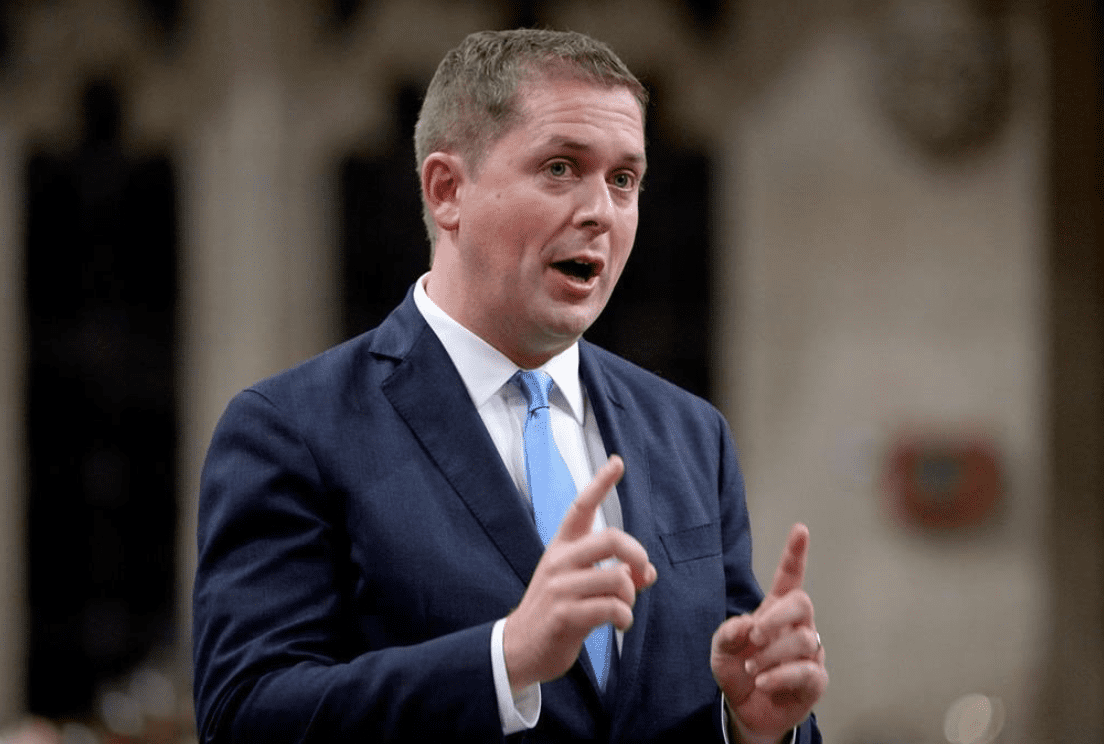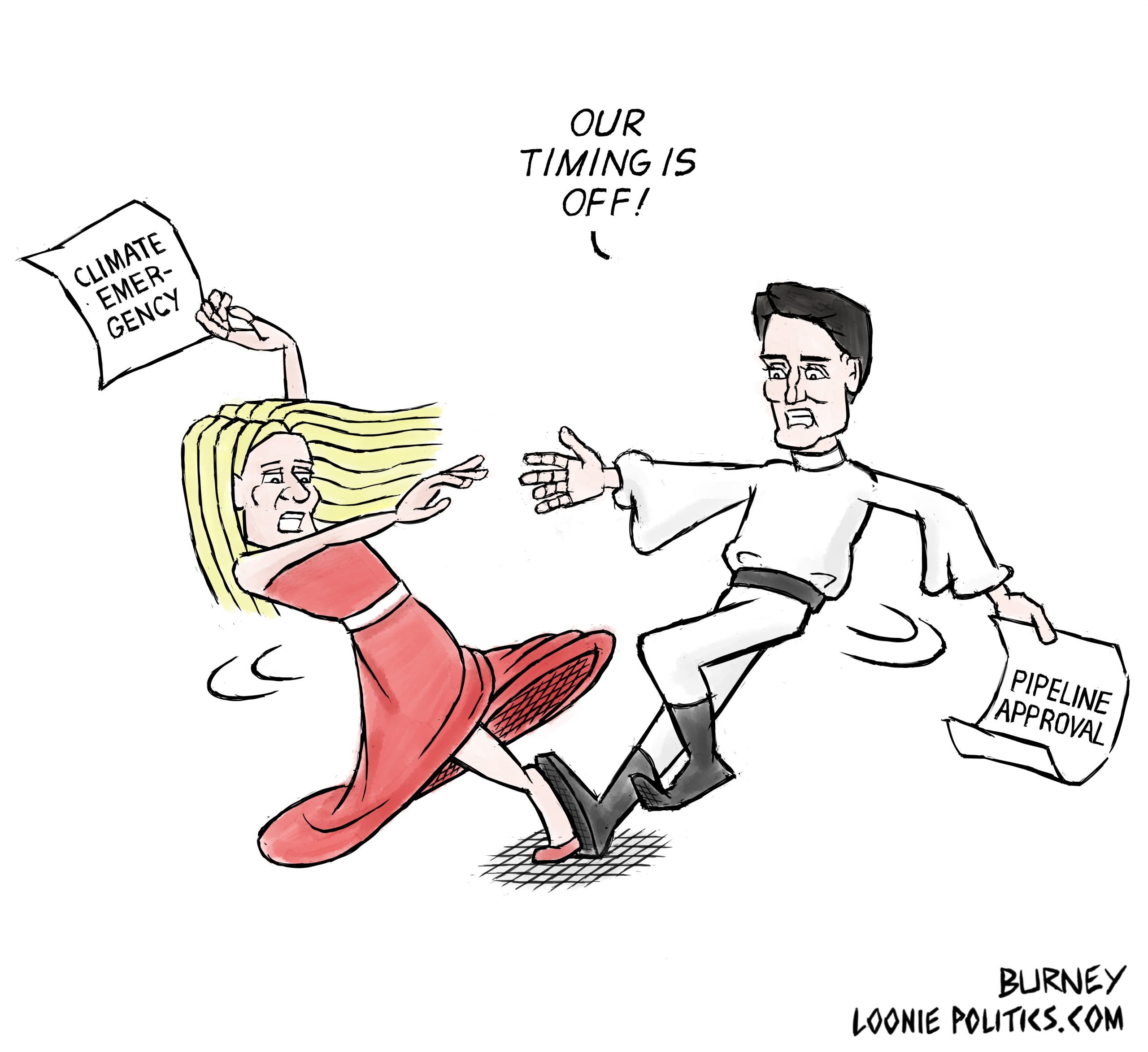With Parliament having risen for the summer, we've seen a raft of articles about the status of the "new" Senate, and how well it seems to be operating. And if you listened to the voices of either the leader of the Independent Senators Group, or the Leader of the Government in the Senate err, "government representative," Senator Peter Harder, things are going swimmingly, and there are no problems at all except for the Conservatives. Why this matters is because there are a group of Independent senators, and most especially the ISG leader, Senator Yuen Pau Woo, who want to make the "new" Senate an election issue, and that's not a good thing.
Most of those articles released last week were problematic, either in how they framed the situation with the Independents, or in the way in which the "reforms" will be affected by a change in government. For example, The Canadian Press used the bizarre line about how the Independent senators possibly defeating one of a number of government bills was somehow "biting the hand that feeds it," which makes no sense because these Senators may have been appointed by Trudeau but their continued presence in the Senate doesn't rely on him (which is one of the key features of the Chamber's institutional independence), hence I'm not sure how he is the hand that feeds them. For another example, the CBC article worried that Trudeau's new appointment system would not survive a change of government because he didn't pass any changes to the Parliament of Canada Act err, except that the Act has nothing to do with the appointments (as that is a prerogative of the Governor-in-Council as spelled out in the Constitution), and the changes to the Act that the ISG was looking for related to the allocation of more salary for their leaders and an office budget that normally were only afforded to the government and opposition leaders, and they wanted additional consideration for vote bells all things which have little to do with the appointment system.
That appointment system is something that Independent senators are, ironically, hoping to politicize during the election never mind that they are also trying to assert that they are above politics in their deliberations, and so on. Following the release of that poll commissioned by Senator Donna Dasko where some 77 percent of respondents said they liked the new system (without necessarily understanding it or its implications), there have been repeated calls from Senator Woo and others to press the other party leaders Andrew Scheer in particular about keeping the current system going. Scheer stated that he would return to a system of partisan appointments, which Dasko's poll said that only three percent of people said they supported, again without necessarily understanding the broader scope of the issue. Of course, because only Trudeau supports the appointment system that Trudeau put into place (the NDP, remember, believe in Senate abolition even though it will never, ever happen), Woo and others are basically looking to shill for Trudeau in the election based on this particular issue.
The other thing that Woo, Harder and their fellow travellers will constantly point to are the numbers of bills that saw amendments in the Senate over the past Parliament, and the requisite amount of self-congratulation that goes along with it. The problem with this bit of back-patting, however, is the that it ignores two key facts that Trudeau signalled his openness to amendments (whereas Harper was opposed to them and almost never accepted them except when forced during the minority years, or if a very obvious drafting error was pointed out), and that most of the amendments that this government did accept originated from the government in the first place. Some of those government amendments were laundered through the ISG, but you won't hear any Independent senators rushing to volunteer that fact when they proclaim their record of amending bills to justify the way things operate now.
But things aren't really working that well, and that fact got a single quote in the aforementioned CBC piece when Liberal Senator Lillian Dyck pointed out that the Independents have held up and hindered the passage of bills because they can't act as a group when it matters. And this is one of the biggest problems with Trudeau's "experiment." When he cast off his party's Senators and started naming Independents with no framework for them to operate with or guidance as to how to be senators, which usually the party caucuses would provide, he created a system of chaos and disruption that continues to this day. The Independents essentially groped through the dark to come up with an organizational model that doesn't necessarily work because their members won't adhere to anything that they negotiate, which is how things get done in the Senate. Will this change as time goes on? Maybe. But right now, it's a fraught situation in the Chamber, which none of these articles really delve into because they rely on the voices with agendas to push.
The other reason why I don't think this should be a vote-getter for Trudeau is because it does damage to Parliament in a way that most people don't see, and which certainly doesn't get mentioned in the mainstream press. Eliminating senators from his caucus room centralized his power because the institutional memory was suddenly excised, as were a group of parliamentarians who could push back at him without fear that their nomination papers wouldn't be signed. And worse, he hobbled the Liberal Party for the day that they lose power because that institutional memory and the people who are in a position to help them rebuild have been told they're not wanted. But none of this is part of the sales pitch around the glories of "independence," and that's the narrative that everyone will push, when the reality is far less rosy. But in an election, narrative is easier to push than truth, and eventually it's the lasting damage to Parliament as a whole that will come back to haunt Trudeau more than the defeat of any single bill would.
Photo Credit: CBC News





